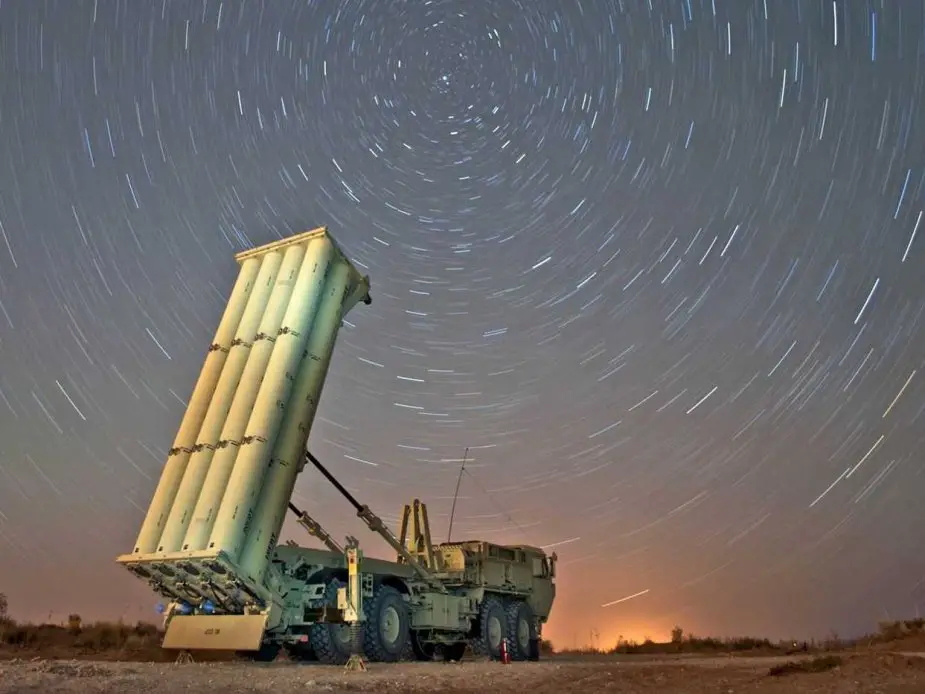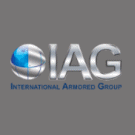Saudi Arabia’s crown prince Mohammed bin Salman was warmly welcomed by president Trump on 20 March. Trump’s red-carpet treatment highlighted his administration’s strong backing of the crown prince whose foreign policy has caused unease among some Western allies.

Saudi Arabia is i.a. looking at the Lockheed Martin THAAD Air Defense Missile System
(Credit: Lockheed Martin)
On May 20th, 2017, Trump signed a US$350-billion arms deal with Saudi Arabia. The arms deal was the largest in American history. The transaction included tanks, combat ships, missile defense systems, radars, communications and cybersecurity technology. The transfer was widely seen as a counterbalance against the influence of Iran in the region, and a "significant" and "historic" expansion of US relations with Saudi Arabia (a major reason for Islamic terrorist attacks on US targets since the first Gulf War).
The signing occurred at the Riyadh Summit, and was part of Trump's 2017 series of visits to the Vatican, Saudi Arabia and Israel. It also was related to a $20 billion investment in mostly American infrastructure. Saudi Arabia signed billions of dollars of deals with U.S. arms manufacturers and energy companies, including Lockheed Martin, Boeing, Raytheon, General Dynamics, Northrop Grumman, General Electric, Exxon Mobil, Halliburton, Honeywell, McDermott International, Jacobs Engineering Group, Rowan Companies, National Oilwell Varco, Nabors Industries, Weatherford International, Schlumberger, and Dow Chemical. Saudi Arabia joined The Blackstone Group in May 2017 in a $40 billion fund to invest in stateside infrastructure projects.
On June 5th, 2017, it was reported that the arms deal consists of "a bunch of letters of interest or intent, but not contracts."
The crown prince, in a rare foray into speaking English, said on Tuesday 20 March, 2018, that the Saudi pledge for $200 billion in investments would end up at $400 billion when fully implemented. He said a 10-year window for implementing the deal was under way.















